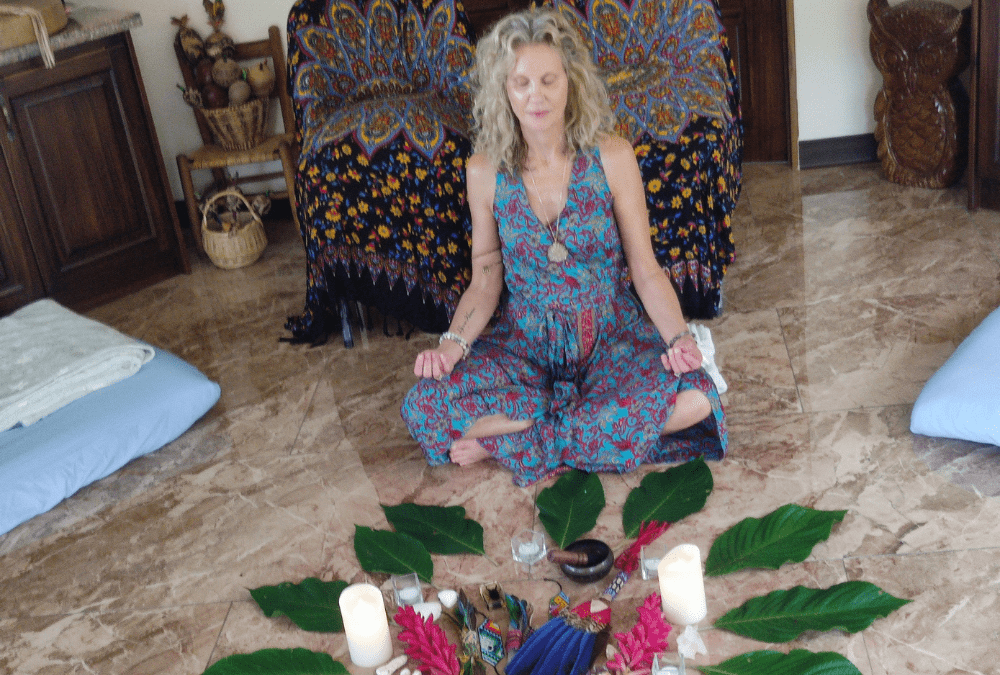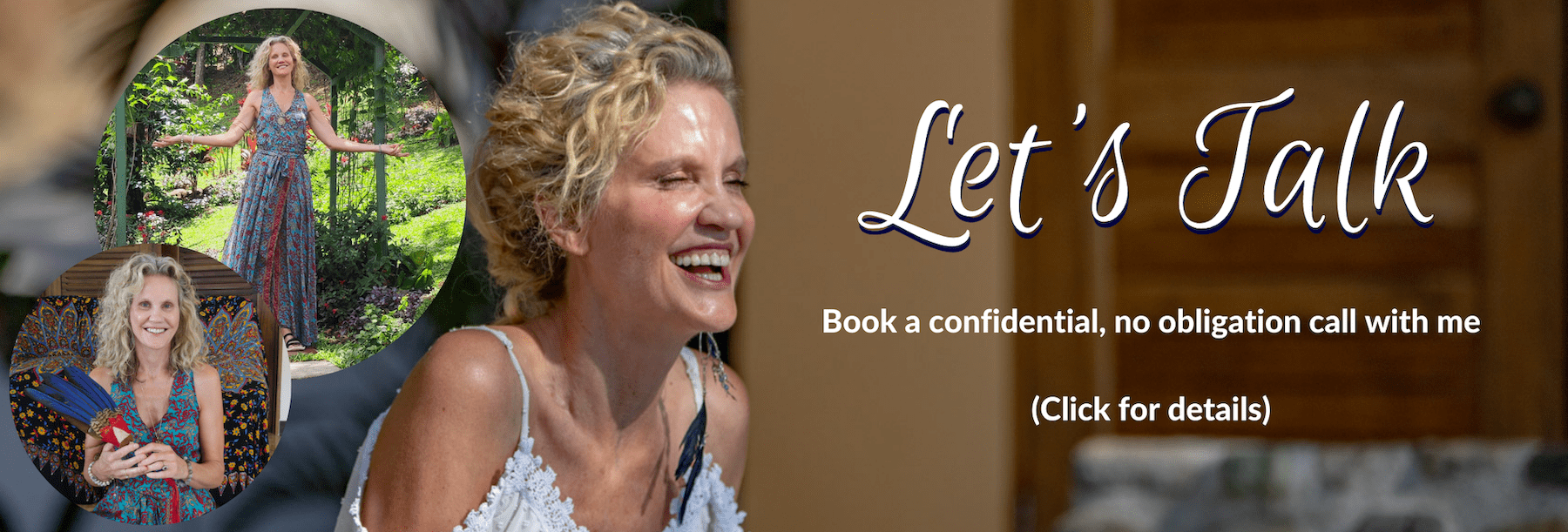One of the most important questions I get asked a lot is: How do I find a plant medicine practitioner who is safe and reliable?
This work is sacred and deserves to be taken very seriously. Working with plant medicine has incredible power to heal even the most devastating traumas and the last thing anyone wants is a re-traumatization.
In the early days, when I would seek out a plant medicine practitioner, I really didn’t know what I was looking for. I took a lot of what was said at face value.
That bit me in the butt a few times and cost me dearly in emotional and mental upheaval in the integration process.
So, my experience is as a seeker of plant medicine and as a practitioner. Hopefully this guide will help you find the right fit for your next journey.
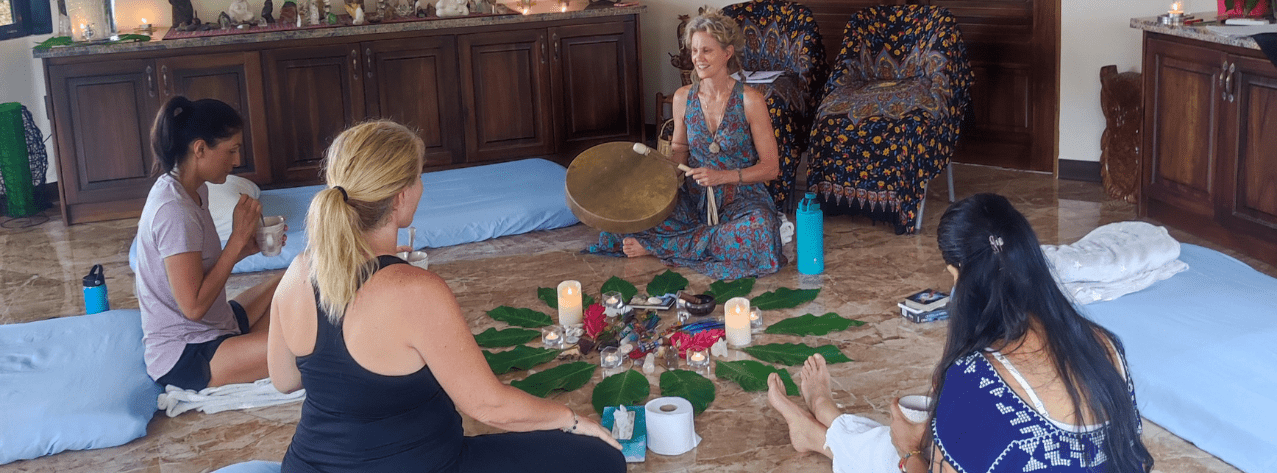
1. Start with a Consultation – You must have a video consult ahead of time! This is an opportunity for both of you to see if this is a good fit. Pay close attention to how they respond to your questions and concerns.
2. Does the practitioner do their own healing work with a guide on a regular basis? This, hands down, is the most important aspect. If they aren’t continually doing their own work, they have no business doing the work with you.
3. Understand Your Needs – What exactly are you looking for in a journey? Are you wanting healing, spiritual guidance, fulfilling curiosity, what is your purpose?
4. Are you looking for a specific medicine: psilocybin, Ayahuasca, MDMA, LSD, Bufo – and is the practitioner an expert with that medicine?
5. Experience and training – What is the practitioners training, experience, credentials (even with underground work seek out credentials).
6. Get referrals – Talk to people who have experience with plant medicine. Personal recommendations from friends, family, or trusted community members can be invaluable.
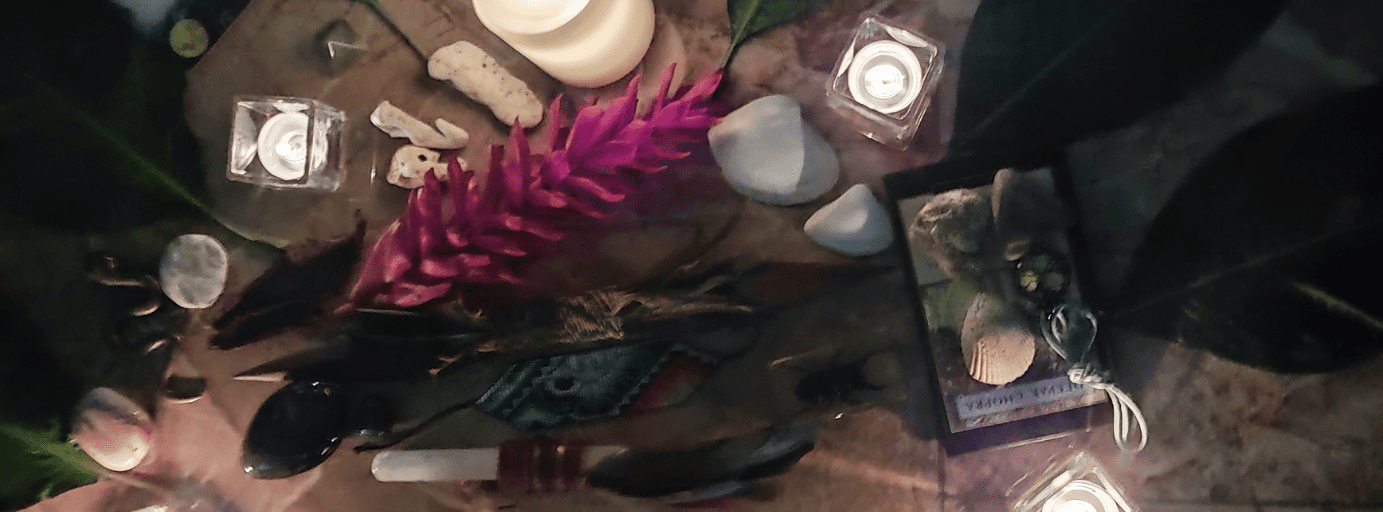
7. Assess Their Philosophy and Ethics – Ensure that the practitioner has a respectful and ethical relationship with the plant medicines they use. They should prioritize client safety, informed consent, and integration support.
8. Trust Your Intuition – This is a relationship you are forming, make sure you feel comfortable, you trust them, have a connection with them. Are they attentive to your needs before the journey? Super important as it lays the foundation for the rest of the relationship.
9. What are their Safety Practices? – Inquire about the practitioner’s safety measures, including how they handle medical histories, potential contraindications, and emergency protocols. What is their onboarding like.
10. Do they provide Integration support? – Effective treatment often includes aftercare. Ask how the practitioner supports integration and follow-up after the sessions. If they do not provide integration support, who do they recommend.
11. Consider Location and Availability – Find a practitioner whose location and availability align with your needs and lifestyle.
12. Be Aware of Legalities – If this is of concern to you then do your homework.
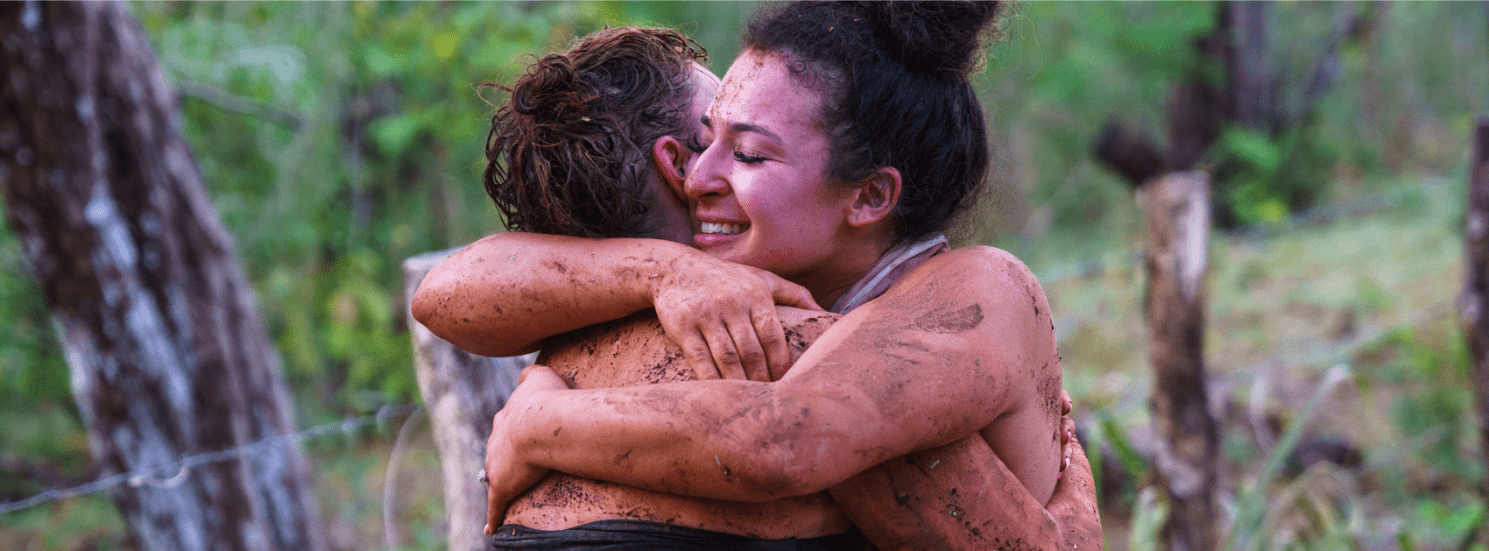
A final note: Both parties have a duty and honour to be 100% truthful. Because this is a relationship that is being built, it needs to be built on trust, and it is a two-way street. The practitioner can only support you safely if they know everything there is to know and they are non-judgemental about whatever your situation is.
You do not need to ‘look good’ for your practitioner.
If you are not truthful it can potential put you and the practitioner in harm’s way.
If you need any support in finding a practitioner, please get in contact with me!
Love Odette

